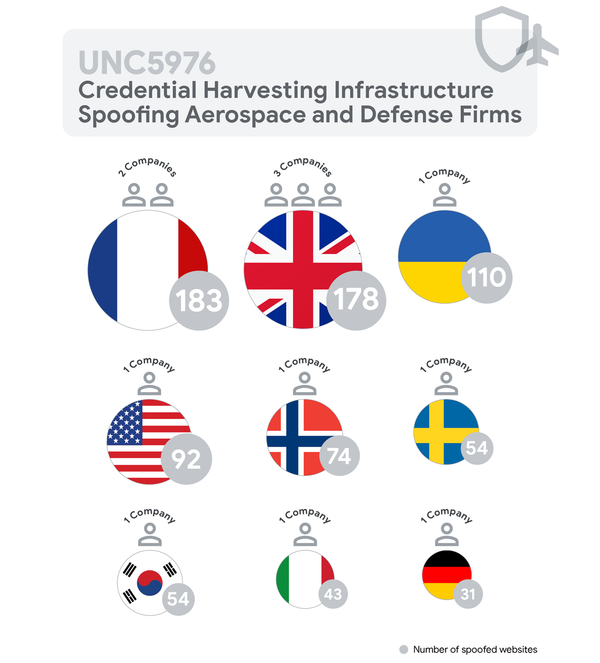Yanluowang initial access broker faces up to 53 years in prison following guilty plea
CBO breach is considered 'ongoing,' Asahi's shipments are at 10% following attack and ahead of holiday season, Payments by British insurers for cyber incidents have tripled, Chinese national faces UK sentencing this week for money laundering, Firefox gets anti-fingerprinting fix, much more





